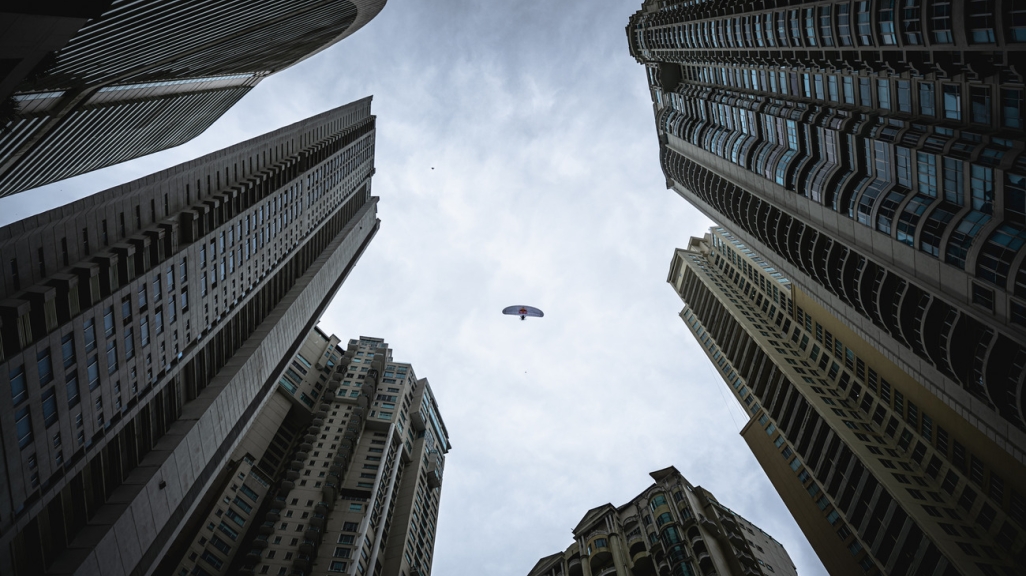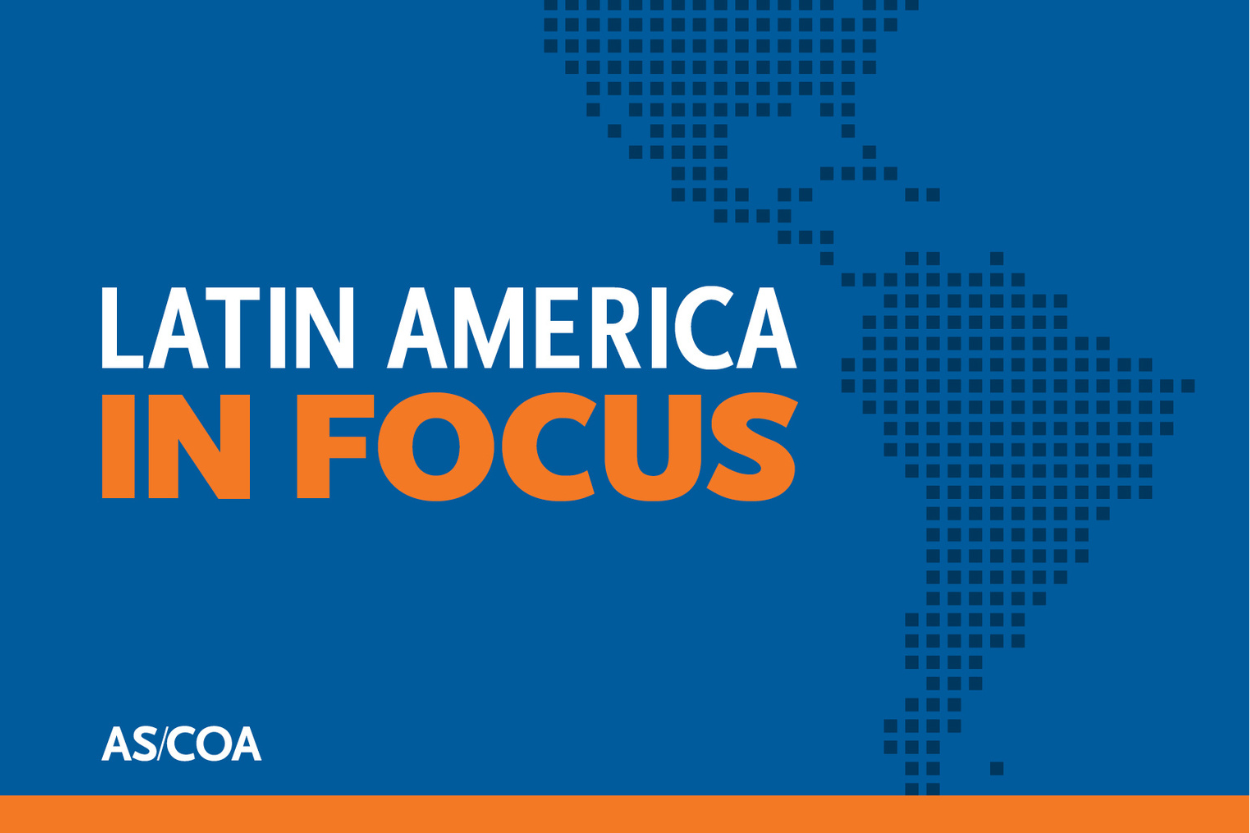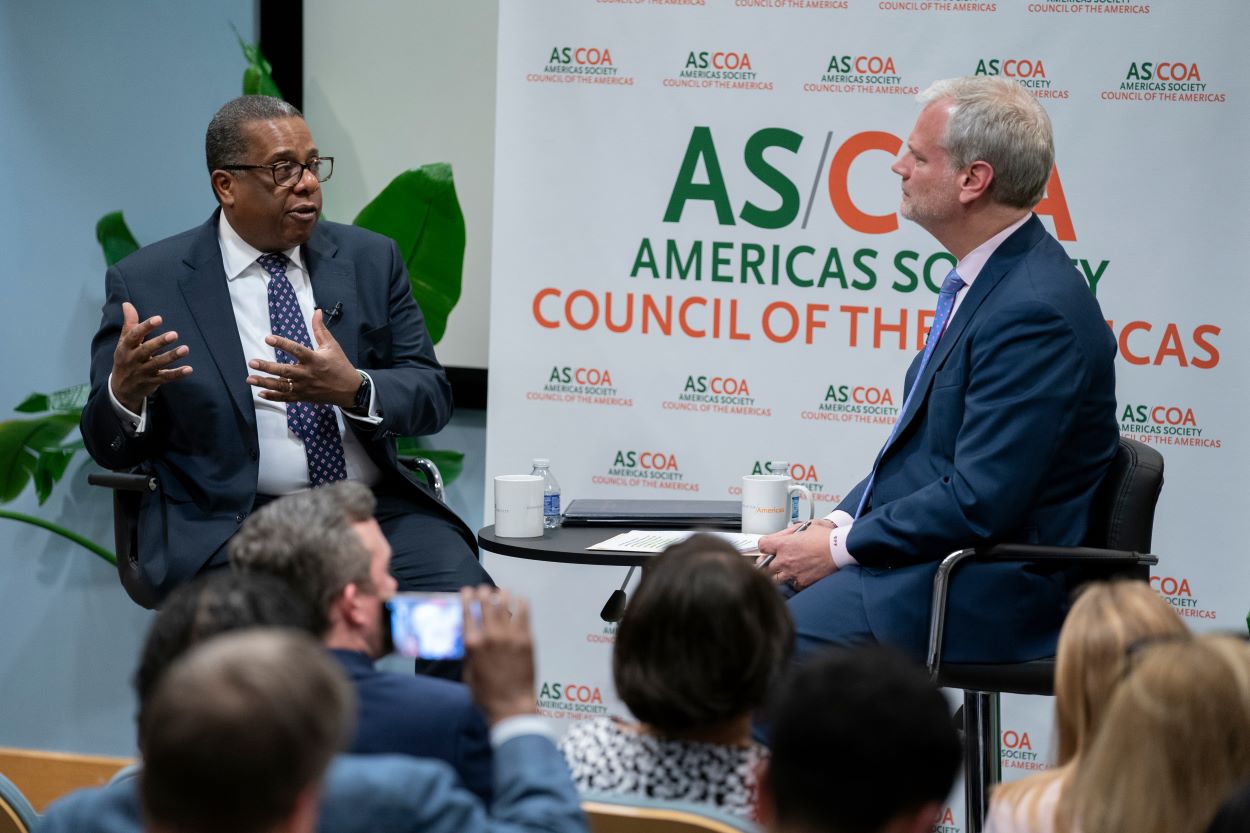Latin America Is Ripe for Strategic Global Investment and Democratic Engagement
Latin America Is Ripe for Strategic Global Investment and Democratic Engagement
A joint op-ed by AS/COA and CIPE explores why the United States should offer the region alternatives to Chinese, Iranian, and Russian capital.
Authoritarian regimes’ economic and political footprint in the Americas continues to grow. The region needs capital and markets, and countries like China, Iran, and Russia offer both. Capital and investment opportunities may be attractive, but the risks of engaging and making deals with authoritarian regimes may not be immediately evident. Such engagements and commercial activities have the potential to directly or indirectly undermine democratic principles and the foundational market structure in Latin America.
Latin America must be a destination for accountable investment that upholds and expands opportunity and supports democratic institutions. Rooted in shared democratic values, relations between the United States and Latin America are strengthened by increasing investment and trade in goods and services. Now, as the region recovers from the COVID-19 pandemic, accountable engagement is more essential than ever to reinvigorate and fortify fragile economic and democratic institutions.
To understand authoritarian regimes’ regional footprint, the Center for International Enterprise (CIPE) and Americas Society/Council of the Americas (AS/COA) convened business leaders and specialists from across the hemisphere over a two-year period ending in 2023 to investigate the growing presence of Chinese, Iranian, and Russian capital in the region.
What they found was startling: a failure to prioritize accountable investment and trade risks is eroding regional democracy.
Renewed focus must be given to the improvement of investment environments in order to attract constructive capital (well-governed investment flows that serve transparent, market-oriented, and accountable purposes at both funding sources and destinations) rather than corrosive capital (international financing to countries that lack transparency, accountability, and market orientation). By developing clear legal and regulatory frameworks with adequate enforcement that support higher-quality investments, the region’s economic, political, and security outlook can improve.
Investors and lenders from democratic countries are typically bound by national and multilateral regulations that increase transparency and positive externalities, including community engagement, environmental protection, and labor rights. For example, a comparative analysis by CIPE of lending practices by China, Japan, and South Korea found that China ranks lowest in terms of information disclosure.
Chinese, Iranian, and Russian entities do not necessarily hold themselves to standards comparable to those of multilateral institutions, such as the World Bank or International Monetary Fund. Their investments are regulated by the recipient country's laws, which are often more lenient than Western regulations and may lack enforcement. This creates a competitive advantage for authoritarian investments and places domestic businesses and democracy at risk, as gaps are exploited and elites captured. The very regulations that these investments dodge are the ones that improve an investment's probability of success. CIPE has a large portfolio of research with partners from across the globe showing the impacts of this regulatory discrepancy in emerging democracies.
Political instability, unpredictable economic policy, and a lack of rule of law create chaotic environments for investors based in democratic nations. A failure to prioritize constructive capital risks the erosion of democracy—a necessary tool to ensure a fair, rules-based international system. Due to the lack of investment screening mechanisms in recipient countries, and state-financed operations from donor countries, Chinese, Iranian, and Russian investments are less risk-averse than Western ones. Leaders in conversations specifically discussed that Chinese state-owned enterprises and even private companies have financial backing from the Chinese state, making their risk calculation less reliant on economic gains and more focused on building market share and dependency. Western investors are at a competitive disadvantage. There is significant opportunity here for the United States, other Western governments, and multilateral institutions to fill such market failures with appropriate programs to reduce risk. The United States cannot simply criticize Latin America for accepting corrosive capital without providing alternative and more accessible funding sources for the region to realize its development goals. The conversations hosted by CIPE and AS/COA underline the region’s private and public sectors’ desire for increased, high-quality investment opportunities. The best way to make a country more conducive to attracting accountable investment is to have a strong rule of law, a well-regulated investment environment, and a commitment to transparent and democratic institutions. This will improve investment outcomes and provide more positive impacts on recipient communities.
Marvin Wiley of Council of the Americas and Taryn Seigel of CIPE contributed to this article.








